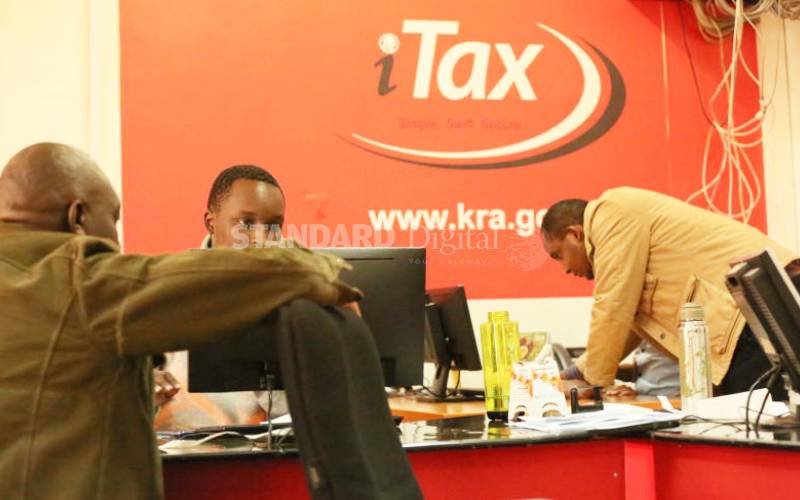×
The Standard e-Paper
Join Thousands Daily

In the recent past, there has been renewed interest in the print and electronic media on the pros and cons of tax incentives. The latest round of interest was sparked off by revelations by KRA that Kenya was losing an estimated Sh478 billion per year in various tax expenditures, equal to 5.9 per cent of the country’s GDP.